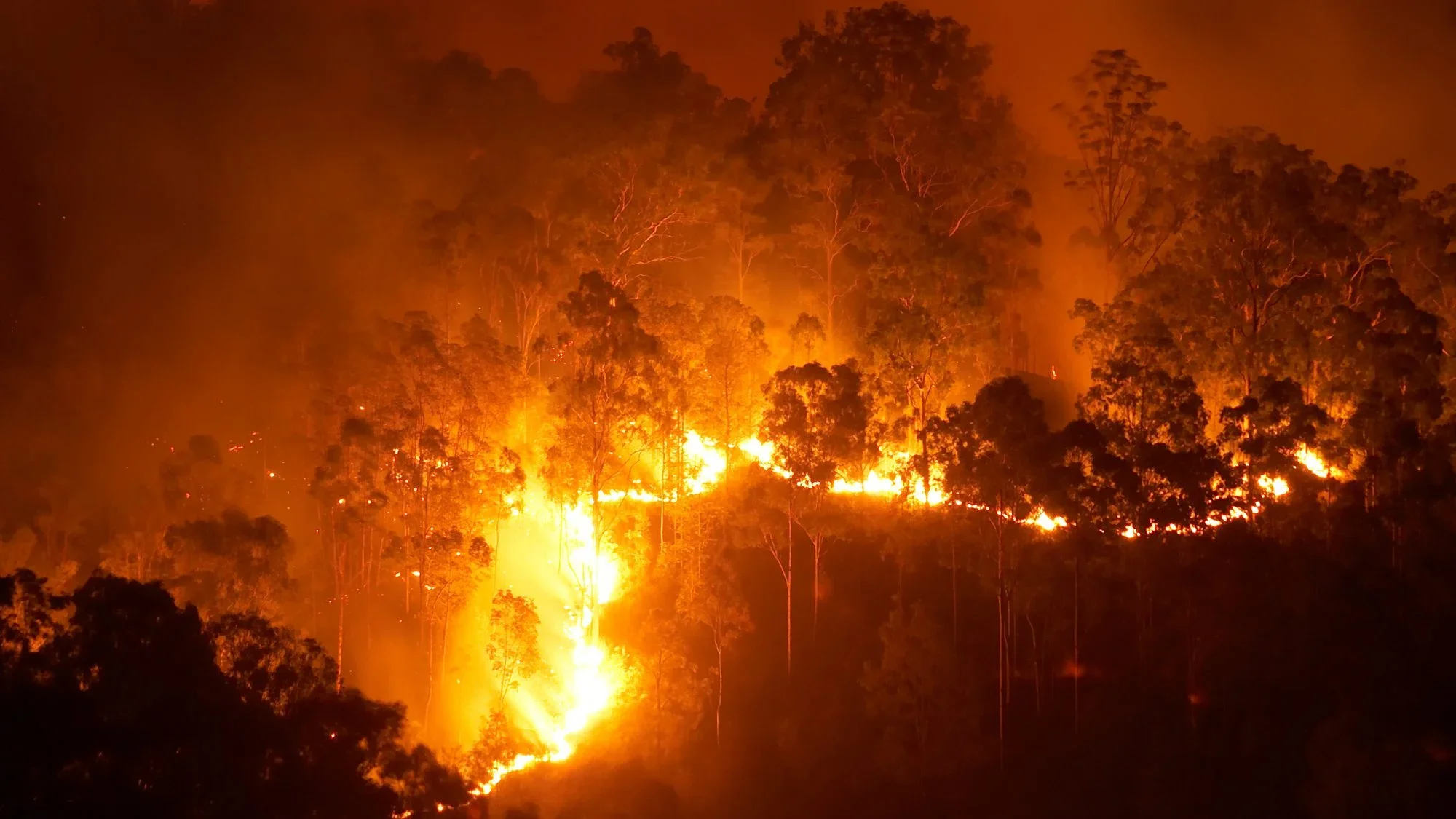Lickley Lab
The Lickley Lab investigates the causes and impacts of climate change, applying data science techniques that connect atmospheric science, mathematics, and policy to evaluate a range of possible climate outcomes.
Disciplines
Atmospheric Science
Studying air, weather, climate systems to understand patterns, changes, and their effects
Bayesian statistics
Analyzing data that updates probabilities as new evidence emerges, helping researchers make informed decisions under uncertainty
F-gas modeling
Estimating the demand, usage, and emissions of fluorinated gases (F-gases)
Impact areas
Led by Dr. Megan Lickley, Assistant Professor, the Earth Commons and the School of Foreign Service, the Lickley Lab combines Earth system models, real-world measurements, and population data within a rigorous statistical framework to address pressing climate issues such as water resources, rapid warming, and sea-level rise. Current projects include assessing global compliance with the Montreal Protocol, which regulates ozone-depleting substances and their replacement chemicals, many of which are potent greenhouse gases.
Our team
Assistant Professor
Arjun Nellikkattil
Postdoctoral Associate
Emily Siegel
Project Manager
Research Faculty
Matthew Wozniak
Postdoctoral Fellow
News
All, Announcements, International, Scholarship, University Stories
Professor Megan Lickley Awarded $4M to Strengthen Global Monitoring of Potent Greenhouse Gases
Dr. Megan Lickley, Assistant Professor at Georgetown University’s Earth Commons Institute for Environment & Sustainability and the Science, Technology and International Affairs (STIA) Program, has been awarded $4 million from the UK-based Quadrature Climate Foundation (QFC) to advance global monitoring of hydrofluorocarbons (HFCs).
August 6, 2025
All, Announcements, International, Scholarship, University Stories
High Emissions from Feedstocks and Aged Equipment are Delaying Ozone Recovery
FOR IMMEDIATE RELEASE Washington, DC, December 2, 2024 – A new study published in Atmospheric Chemistry and Physics reveals a 17-year delay in the projected recovery of the ozone layer since…
December 2, 2024
All, International, University Stories
Is the East Coast the Next Wildfire Hotspot? Climate Expert Weighs In
A warmer planet will likely lead to more frequent and severe wildfires in the years to come, said Megan Lickley, assistant professor in the Earth Commons and the Science Technology and International Affairs Program in the School of Foreign Service.
June 9, 2023
We’re hiring
If you are interested in a postdoctoral fellow position in the Lickley Lab or in a postdoc position monitoring F-gas emissions, please reach out to Megan as soon as possible.
Publications
*indicates member of the Lickley lab
** indicates corresponding author
Bourguet*, S., Stone, K. , Lickley, M. (2025) Semi-empirical estimates of stratospheric circulation and the lifetimes of chlorofluorocarbons and carbon tetrachloride, Communications Earth & Environment
Bourguet*, S., Lickley, M. (2024) Bayesian modeling of HFC production pipeline suggests growth in unreported CFC by-product and feedstock production, Nature Communications
Lickley, M.**, McBride, L., Daniel, J., Salawitch, R., Velders, G. (2024) The return to 1980 chlorine levels: A moving target in Ozone Assessments from 2006 to 2022, Atmospheric Chemistry and Physics
Lickley, M.**, Fletcher, S., (2024) Bayesian estimation of advanced warning time of precipitation emergence, Earth’s Future, 12(2), e2023EF004079.
Padalino C., Lickley M.**, Solomon, S. (2024) Heatwave Time of Emergence Patterns: A matter of definition Environmental Research Communications, 051005.
Book Chapter
Lickley, M.** (2025) Characterizing Climate Change Uncertainty: GCMs and the Kenya Dilemma. In. Freilich, M., Mazereeuw, M., Turan, I., Varner, J., Yarina, L. (eds.) Climate Changed: Models and the Built World. Columbia University Press






